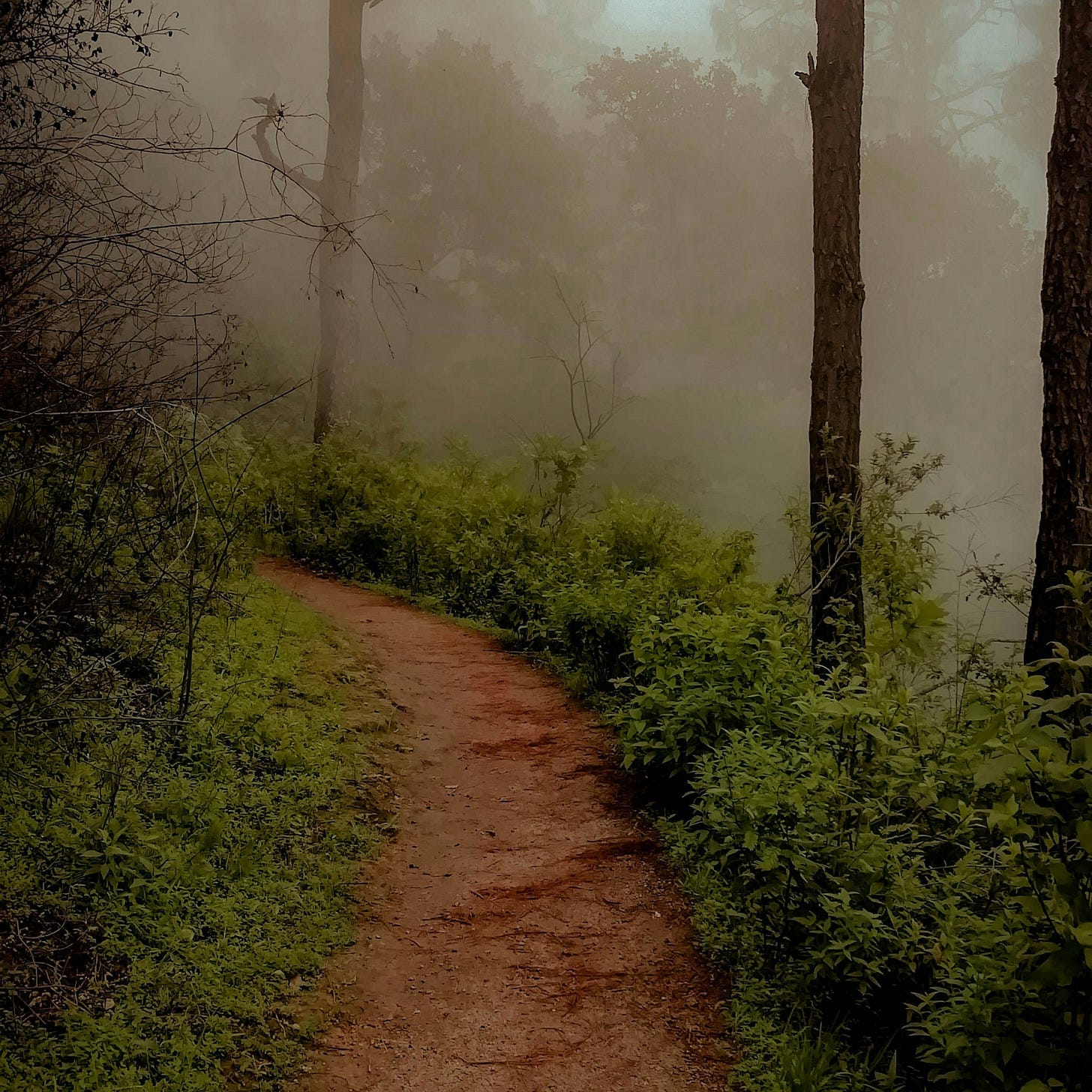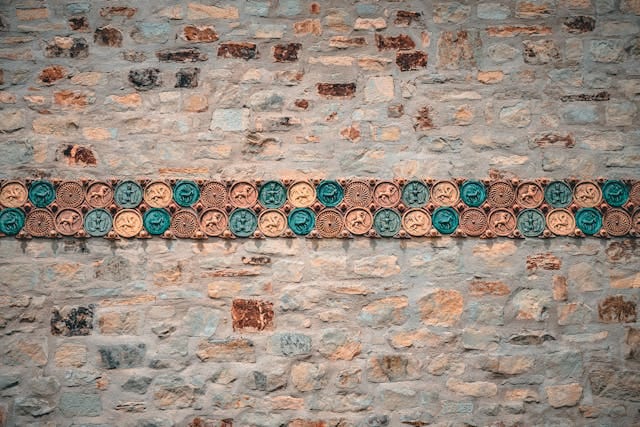Writing at the Edge of Uncertainty
How doubt unsettles, refines, and keeps us faithful to the poem
Sylvia Plath’s journals reveal doubt as constant companion, yet poems radiate fierce certainty. Louise Glück’s interviews often speak of relentless self-questioning as essential to her process. Ocean Vuong writes into uncertainty, letting poems carry questions rather than answers. Their work suggests that uncertainty is not an obstacle, but a path.
#Field Notes
Dear Writers,
Every poet I know doubts. The poems that come easily feel suspicious; the ones that resist make us question whether we are meant to write at all. Doubt is often painted as the enemy of writing, the dark room where nothing grows. But I’ve come to believe doubt is a form of light—a harsh, slanted light, yes, but one that makes us look closer. Poets live inside questions; we ask them until they ache. Doubt sharpens the question into a blade, and sometimes that is where the poem begins.
Is doubt the inevitable companion of self-awareness? To write a poem is to look at oneself, and at the world, with unflinching attention. The moment we turn that gaze inward, doubt is waiting. It is not a flaw in our perception but a feature of it. Self-awareness opens us to contradiction: we see our longings and limitations at once, our capacity for beauty and for failure. Doubt arrives precisely because we are awake to the complexity of our own minds.
In this way, doubt is inseparable from consciousness. To know ourselves is to question ourselves. The more clearly we see, the more we recognize what cannot be resolved. And for poets, this unresolved space is where language begins to stir. Doubt is not proof of weakness—it is evidence of attention.
Craftwise, doubt shows itself in revision: Is this the truest word? Does this metaphor stretch too far? Am I only echoing what has been said before? These are not signs of incompetence but of a writer willing to interrogate her own work. Self-awareness ensures we are not lulled into certainty, and doubt insists we keep pushing until the line resists improvement.
Doubt is not proof of weakness—it is evidence of attention.
Without doubt, we might settle too soon. With it, we stay in the tension, listening for the language that feels necessary. Doubt does not stand outside poetry; it moves within it, one more voice in the chorus.
Craft: Writing with doubt
Doubt sits beside us during revision. It asks, Is this the truest word? Does this line carry its weight? Sometimes its questions cut too deep, paralyzing us. But other times, they push the poem toward clarity. Doubt can act as an editor, a compass, even an engine. It keeps us searching for the language that feels inevitable.
Doubt often shows up at the level of diction. One word feels too thin, another too ornate. This is where doubt urges precision, what Keats called “words that seem inevitable, not chosen.” That restless questioning is what keeps a poet circling back until the sound, sense, and rhythm align.
Mini-Prompt: Take one line of a draft. Circle a single word you doubt. Write three possible substitutions—one simpler, one riskier, one surprising. Notice which version carries the strongest current.
It also shapes structure. A poem drafted in tight couplets might begin to feel constricting under doubt’s gaze. That unease can nudge us toward longer lines, a looser free verse, or a more fragmented form. Doubt becomes the energy that reshapes the vessel so it can better hold the poem.




